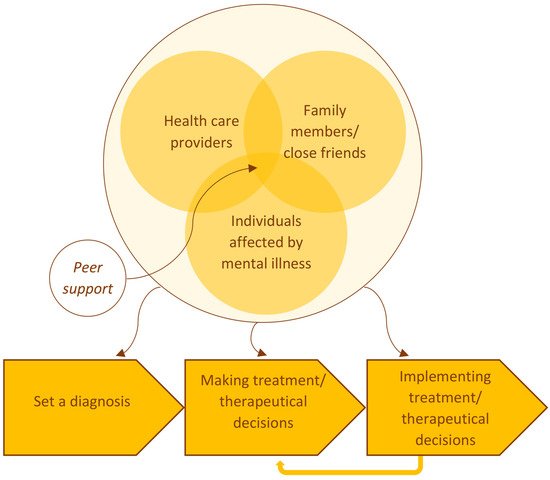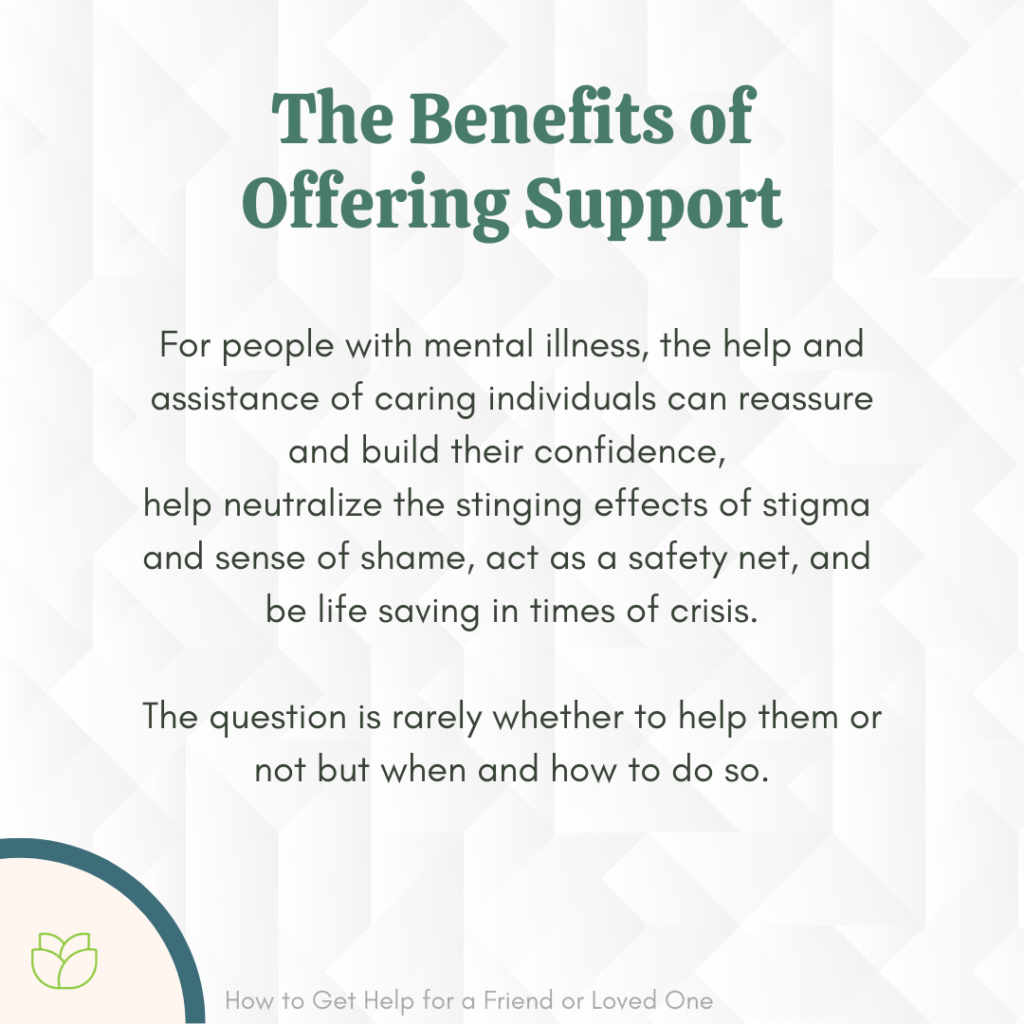Introduction to Supporting a Loved One in Inpatient Mental Health:
Supporting a loved one in inpatient mental health care is essential for their emotional well-being and recovery.
When someone you care about enters inpatient mental health care, it can be a challenging and emotional experience for everyone involved. Inpatient treatment often feels overwhelming, especially if it’s your first time encountering such a situation.
However, with the right approach, you can provide meaningful support to your loved one, helping them through their treatment journey.Understanding Inpatient Mental Health CareInpatient mental health care is designed for individuals who need intensive treatment in a safe and structured environment.
It can be a crucial step in stabilizing someone experiencing severe mental health crises such as suicidal thoughts, psychosis, severe depression, or other conditions that cannot be managed effectively at home. The goal of inpatient care is to provide 24/7 support from a team of mental health professionals, which may include psychiatrists, psychologists, nurses, and social workers.While the decision to enter inpatient care can be difficult, it’s essential to remember that this type of treatment can provide your loved one with the best possible chance of recovery.

How to Support Your Loved One?
1. Be Informed:
take time to understand the mental health condition your loved one is facing. This knowledge will not only help you comprehend what they are going through but also make you a better advocate. Ask the treatment team about the diagnosis, the treatment plan, and the goals of inpatient care.It’s important to familiarise yourself with the rules and procedures of the facility. Every inpatient unit has its own guidelines regarding visiting hours, communication, and participation in treatment plans. Respecting these boundaries shows that you are supportive of their recovery process.
2. Communicate with Compassion:
During inpatient treatment, your loved one may feel isolated, confused, or even scared. Whether through letters, phone calls, or visits, your words can offer comfort and encouragement. Keep your messages positive and avoid placing any guilt or pressure on them to recover quickly.Sometimes, just listening can be the most powerful way to show support. Let them share their thoughts without judgement, and avoid offering solutions unless asked. Express that you are there for them no matter what, and that seeking treatment is a brave step towards healing.
3. Respect Their Privacy:
mental health struggles are deeply personal, and your loved one may not want to discuss every detail of their condition or treatment. Respect their boundaries regarding what they share. While it’s natural to feel curious or even worried, pushing them to open up when they’re not ready can create tension.If they express a desire to keep certain aspects of their treatment private, be mindful of that. Encouraging open communication while respecting their comfort levels is crucial.
4. Stay Connected with the Treatment Team:
If possible, stay in contact with the professionals who are treating your loved one. Many facilities involve family members in care planning, as a strong support system can be key to long-term recovery. Regular updates from the care team can give you a clearer picture of how your loved one is progressing, what challenges they are facing, and how you can best support them upon discharge.
5. Prepare for Discharge:
Transitioning out of inpatient care is an important step, but it can also be a vulnerable time for your loved one. Be involved in the discharge planning process to ensure they have the resources they need to continue their recovery at home or in outpatient treatment. This might include helping them establish a routine, attending follow-up appointments, or assisting with medications.Creating a supportive environment that promotes wellness—such as reducing stressors, encouraging healthy habits, and fostering open communication—can make a big difference in their ongoing recovery.

Taking Care of Yourself:
Supporting someone in inpatient care can take an emotional toll on you as sell. It’s important to acknowledge and tend to your own needs during this time. You may feel a mix of emotions—relief, fear, guilt, or sadness. Seeking support for yourself, whether through therapy, support groups, or talking to trusted friends, can help you process these feelings and stay strong for your loved one.Remember that taking care of yourself is not selfish; it’s necessary. The better you feel, the better you can support your loved one through their mental health journey.
Final Thoughts when a loved one is in inpatient mental health care, it’s natural to feel uncertain about how best to help. But your presence and support can make a significant difference in their recovery. By staying informed, communicating with compassion, respecting their privacy, and preparing for their return home, you can be a source of comfort and strength.Remember that recovery is a journey, and your loved one’s time in inpatient care is just one step in the process. With patience, love, and support, you can help them move forward toward a healthier, more fulfilling life.
Benefits of Supporting a Loved One in Inpatient Mental Health Care :

supporting a loved one during their stay in inpatient mental health care can have significant benefits, both for them and for you as a support system. Here are some key advantages:
1. Enhanced Recovery Outcomes:
Having a strong support system has been shown to improve recovery outcomes for individuals undergoing mental health treatment. When a loved one feels supported and understood, they are more likely to engage actively in their treatment and feel motivated to follow through with their care plan.
2. Emotional Stability for Your Loved One:
Being in inpatient care can feel isolating, and mental health struggles often come with feelings of loneliness and anxiety. Regular communication, visits, and words of encouragement can provide emotional stability for your loved one, making them feel less alone in their journey. Knowing that someone cares can also reduce their feelings of helplessness or depression.
3. Strengthened Relationship:
Supporting a loved one during a vulnerable time can deepen your connection with them. By showing empathy, compassion, and patience, you build trust and reinforce the idea that you are a dependable source of support. This experience can create a lasting bond that continues even after they leave inpatient care.
4. Empowerment and Advocacy:
By being involved in their treatment, you can advocate for their needs and ensure they receive the best possible care. You can help clarify their preferences, ensure they’re comfortable with their treatment plan, and provide a voice when they feel overwhelmed. This involvement can empower both you and your loved one to navigate the healthcare system effectively.
5. Improved Communication and Understanding:
supporting someone through inpatient care often opens up new channels of communication. It can create opportunities to learn more about their condition and the challenges they face. This deeper understanding improves your ability to support them in the long term and fosters more meaningful, honest conversations.
6. Preparation for Post-Treatment Life:
Being involved in their care can help you prepare for their return home, ensuring that they have a solid plan for ongoing treatment and a supportive environment. Understanding the strategies and recommendations from healthcare professionals can guide you in creating a home environment conducive to their mental health recovery, reducing the risk of relapse.
7. Personal Growth and Resilience :
supporting a loved one through such a challenging time can also lead to personal growth. You may develop a greater understanding of mental health issues, learn to manage stress, and build resilience. This experience often promotes greater empathy and emotional intelligence, which can positively impact other areas of your life.
providing support to a loved one in inpatient mental health care is not only vital to their recovery but can also enhance your relationship, deepen your understanding of mental health, and help you grow as an individual. Your involvement can be a crucial factor in their long-term wellbeing and can strengthen your ability to navigate future challenges together.
Conclusion:
Supporting a loved one in inpatient mental health care is both a compassionate and crucial step in their healing process. While it can be emotionally challenging, your involvement provides them with comfort, motivation, and a sense of belonging during a vulnerable time. By staying informed, maintaining open communication, and respecting their needs, you contribute significantly to their recovery. At the same time, this experience can foster personal growth, deepen relationships, and strengthen your resilience. Ultimately, the support you offer not only helps your loved one through treatment but also equips both of you to navigate the path to long-term wellness.
you must watch 👁️👁️ this article 👇👇👇
Building a Stronger Relationship: What Steps Can You Take





